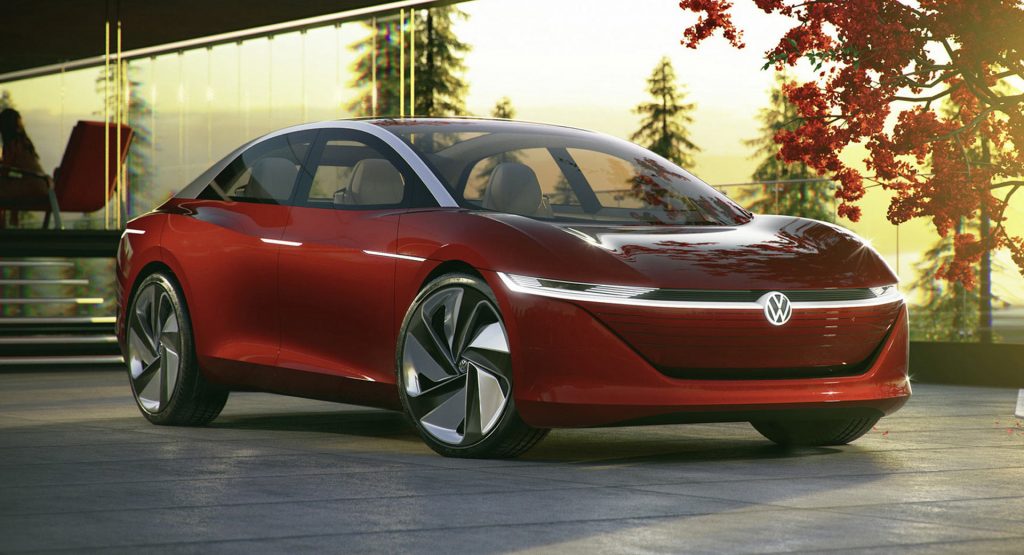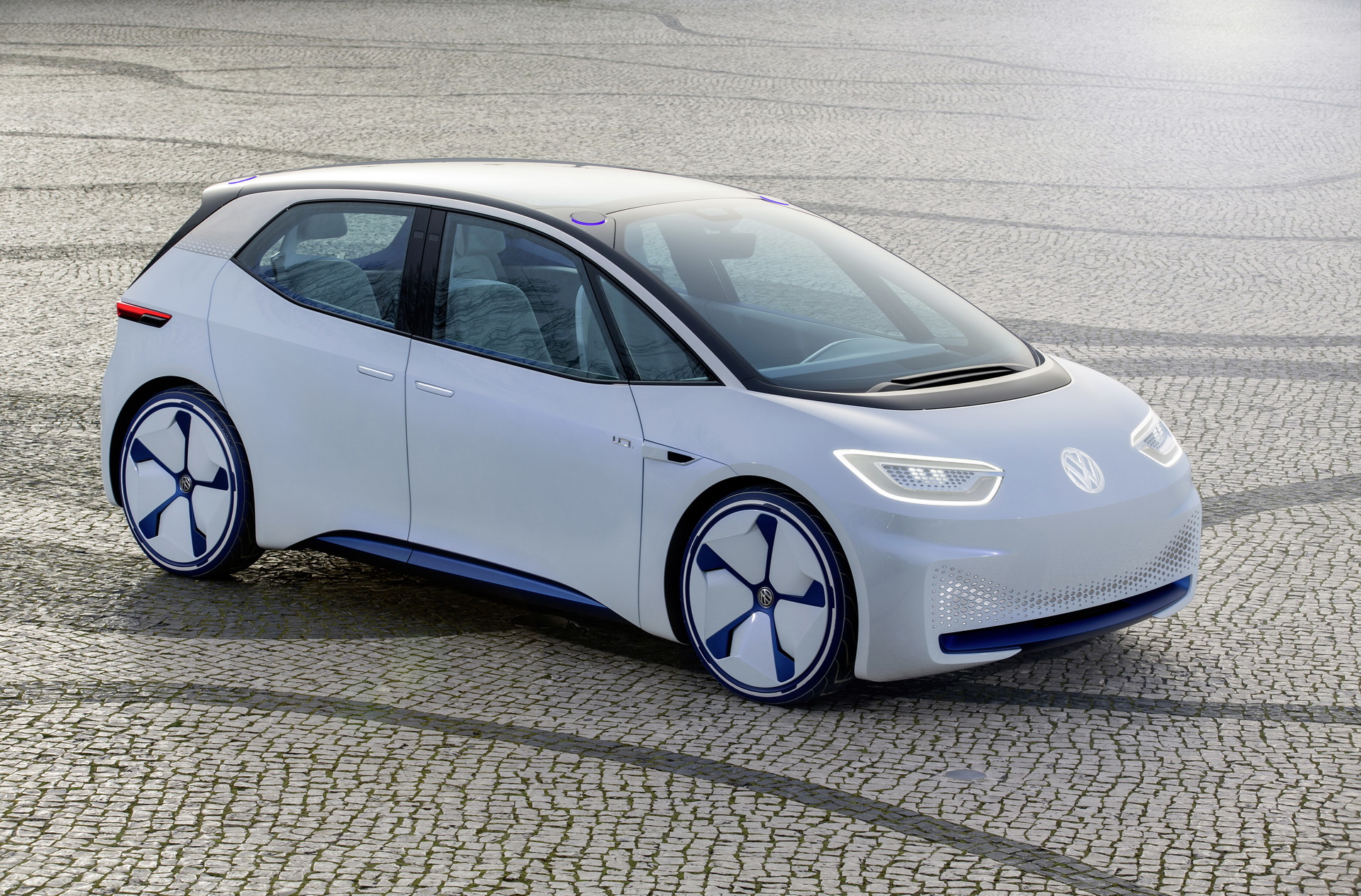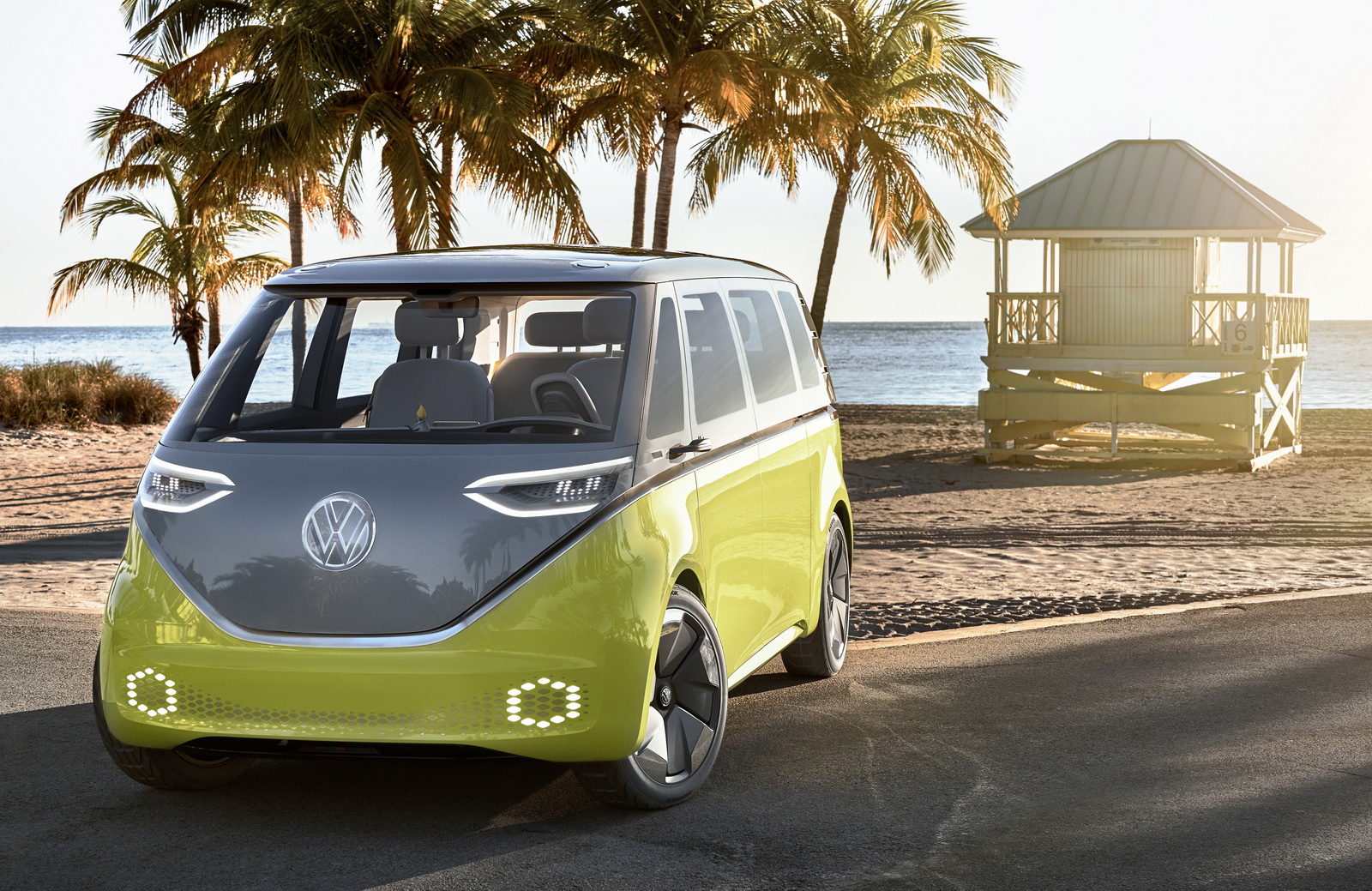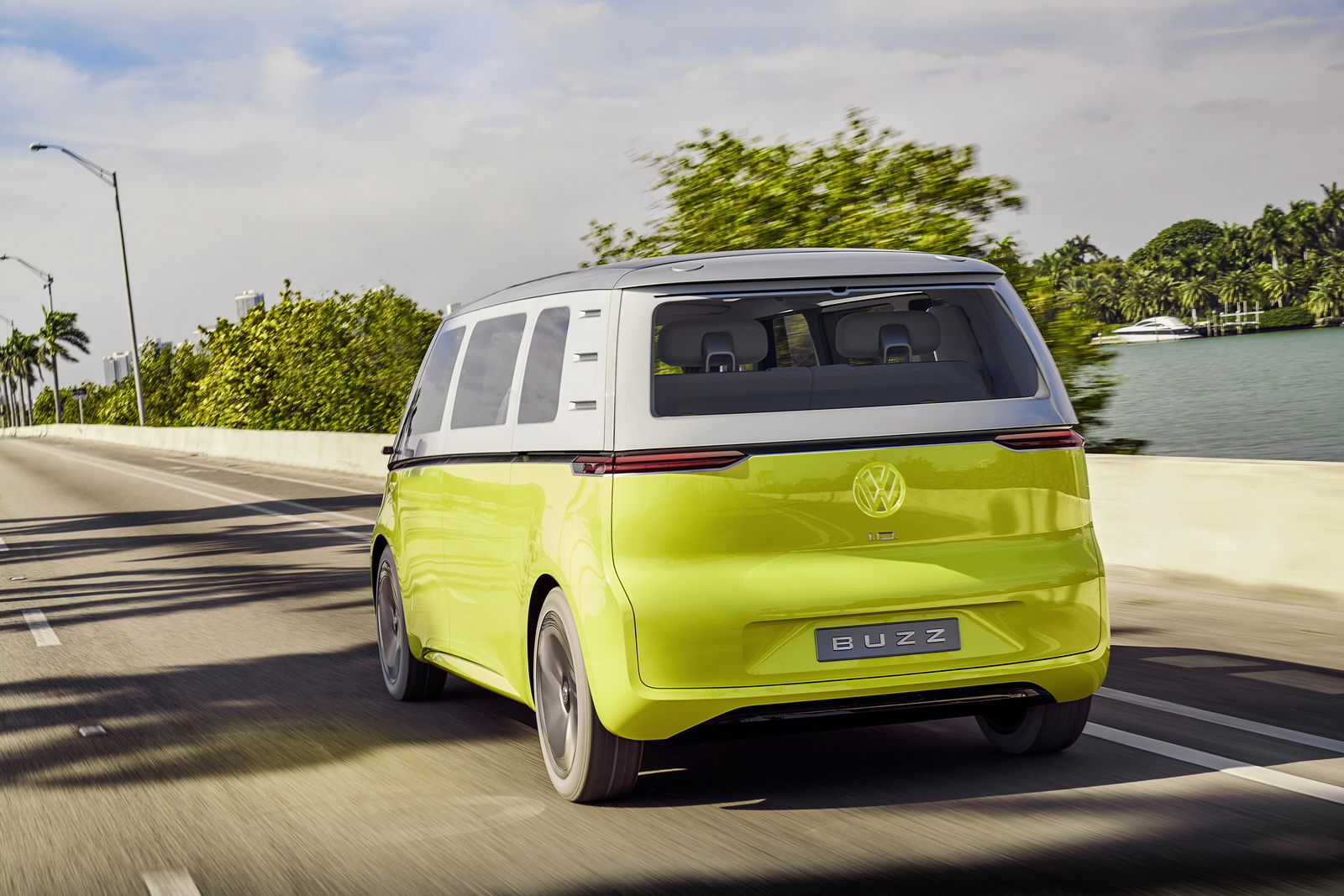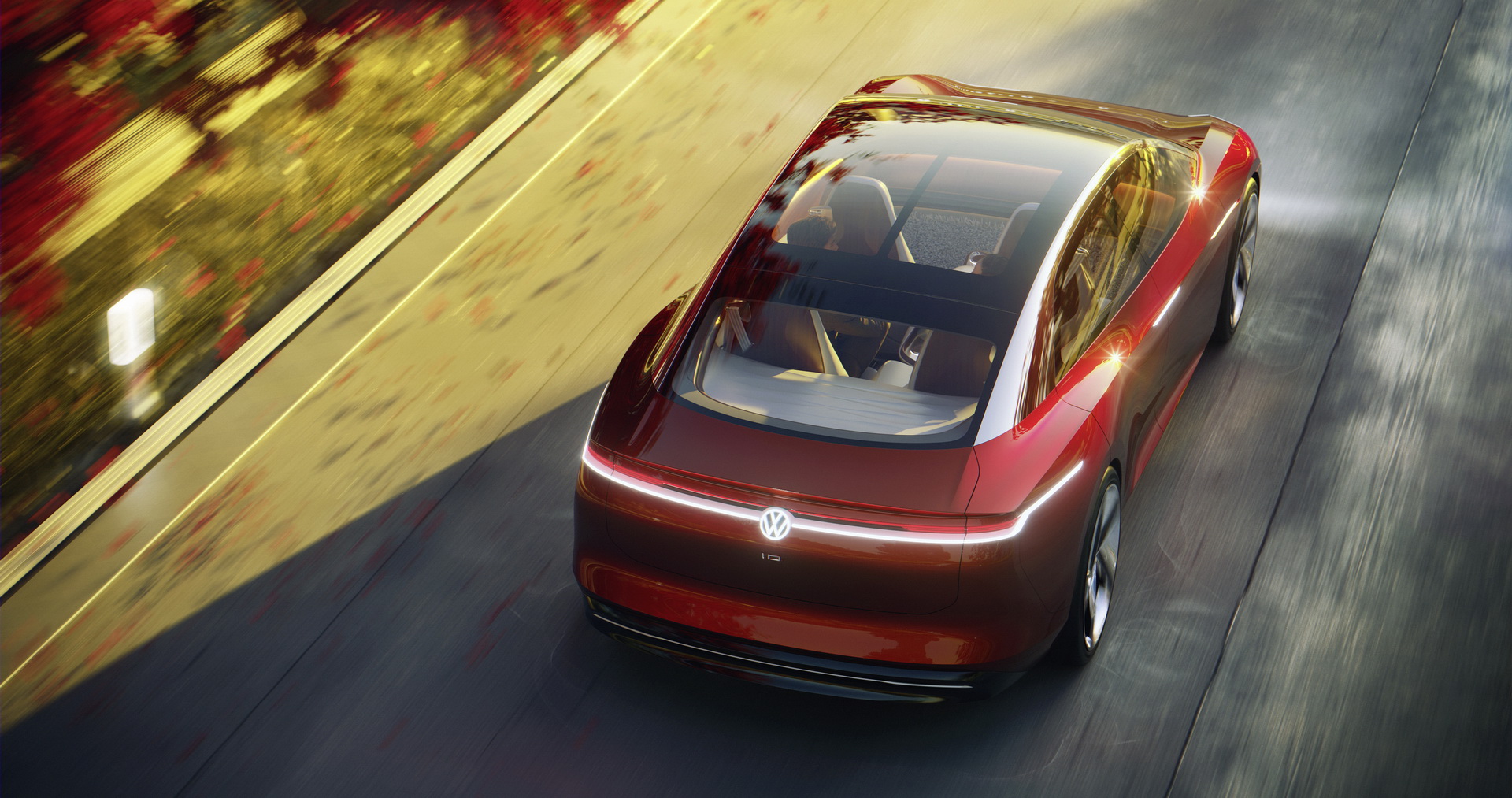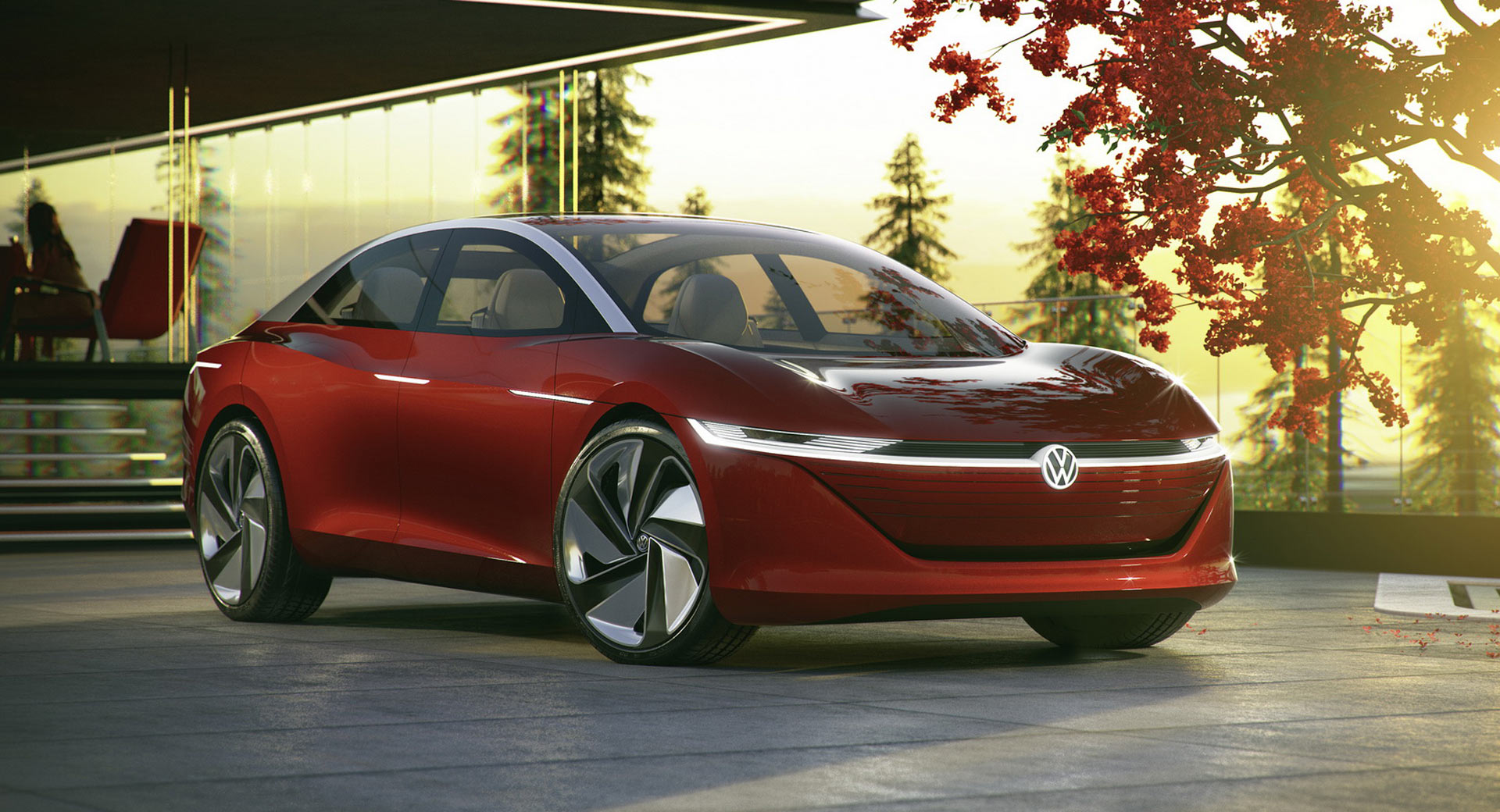The German government will spend 1 billion euros ($1.2 billion) to support a consortium intending to build electric car battery cells and wants to help research the development of solid-state batteries.
According to three anonymous sources who spoke with Reuters, the investments are intended to reduce the dependence of German auto manufacturers on electric vehicle battery suppliers from Asia.
Additionally, supporting battery cell production across the country will help to protect German jobs as the industry slowing moves away from combustion engines. Germany also needs to remain at the forefront of the ever-changing car industry as its economy relies so heavily on it.
German giants Volkswagen and Daimler are leading the nation’s charge towards electric vehicles.
“We have a concentration of risk in the automobile sector. The industry is too dependent on the combustion engine,” Germany’s Deputy Economy Minister Christian Hirte said.
“The government therefore wants to help the sector in its efforts to diversify.”
German leaders are said to be in talks with various local carmakers and technology companies to build a large battery cell factory, potentially in the eastern region of the country. Among the companies confirmed to be involved in these talks are German battery maker VARTA Microbattery, Ford-Werke GmhB, and chemical giant BASF.
Despite this push from the German government, some analysts believe Europe is already too far behind Asia. Companies across Asia, include LG Chem and Samsung SDI are already supplying various brands with battery cells, as is the world’s largest EV battery maker, China’s Contemporary Amperex Technology.



